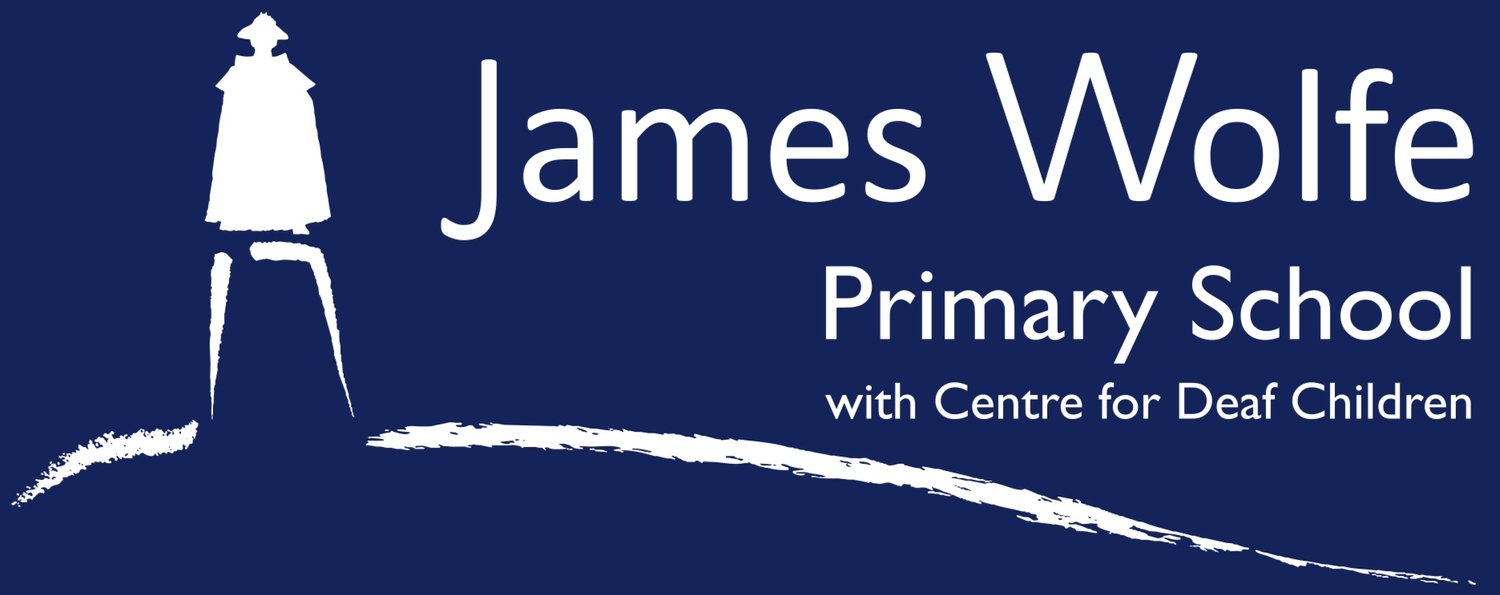Sequencing, Logic, Coding
This term, the children have been developing their problem solving skills when learning Computational Science. The children have used a range of software to develop their programming skills. Across the key stages, children can give a set of instructions that a computer can understand and execute. Deepening their understanding of computational thinking, the children apply their problem solving skills to identify an error within their code and use debugging to fix this.
Starting with Sequencing - EYFS
Children have been learning to sequence simple familiar tasks, spot patterns, and follow simple oral algorithms. This has helped them develop foundational logical thinking, improve language and communication skills, and build a sense of routine and independence. These activities have also boosted early problem-solving abilities and reinforced the ability to follow instructions. Additionally, working on these tasks with peers has fostered cooperative behaviour, laying the groundwork for teamwork and social interaction.
Applied Sequencing - KS1
Transitioning to Key Stage 1, children in Year 1 have been learning to input simple sequences of commands to control a Beebot, an introductory programming activity. This has developed their understanding of computational thinking and logic, and improved their spatial awareness and directional skills. Additionally, by fixing errors through trial and error, children have built their resilience and problem-solving abilities.
Python and the Micro Bit - LKS2
In Lower Key Stage 2 (Years 3 and 4), children have been learning to program on Micro Bit devices using a coding program called Python. Year 3 have learned to create a step counter, while Year 4 pupils have learned to design a rock-paper-scissors game. These activities have advanced their coding skills and fostered their creativity and innovation. This stage has also promoted teamwork and collaboration, as children worked together on projects.
Coding with Scratch - UKS2
In Year 5, children have been developing their coding skills using Scratch, focusing on programming sprite movements with specific algorithms and creating a maze game. The impact of this work includes enhanced problem-solving skills and a deeper understanding of coding concepts and algorithmic thinking. Through peer reviews and debugging, children have learned the importance of collaboration and constructive feedback.




